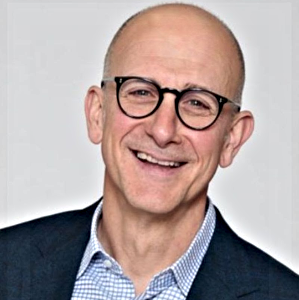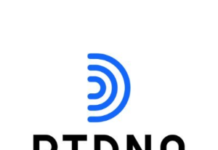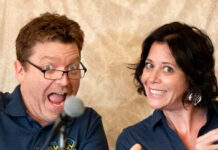
(By Jeff McHugh) A regional vice president asked, “How long will it take for a new, local show to deliver ratings?” I said, “It typically takes 12 to 18 months before you start seeing initial results, and much longer for the show to outperform the station.”
He responded, “I don’t have that kind of time.” He then copied and pasted one of the company’s syndicated morning shows into that time slot.
That show failed, and the syndicated show after that also failed. The station is trying a local morning show now, but that vice president did not understand what makes a show perform: the relationship. Winning radio shows and podcasts are about an emotional bond that listeners form with the talent, like a best friend. According to science, that bond takes T-I-M-E.
“You can’t just snap your fingers and make a friend,” said Jeffrey Hall, a communications researcher at the University of Kansas.
Mr. Hall did a study measuring how many hours of “together time” it takes in real life for a new acquaintance to become a best friend.
According to the research, it takes 94 hours for someone to go from acquaintance to casual friends. They become a serious friend at about 164 hours. Best friends form after being together about 219 hours.
You can speed that process. The more meaningful your conversations, the more you share of yourself and the more they share with you, the faster people connect with you. This is good news for shows where both the on-air personalities and the listeners are revealing themselves authentically. This is bad news for generic shows heavy on celebrity birthdays, designated caller/text contests, and traffic reports.
Let’s do the math on how long it should it take for your show to reach 219 hours of “together time” with listeners to form a strong bond, according to this research.
Nielsen says the average American spends now spends 86 minutes each day with radio. For easy math, let’s imagine that your show gets 20 minutes of that listening each day.
Most of your listening comes on workdays and the average person works about 261 days annually. So at 20 minutes of listening per day, here is my rusty math:
•1.1 years — Become an acquaintance.
•1.9 years — Become a friend.
•2.5 years — Become a best friend.
This investment in time is why we advise management to think twice about replacing heritage on-air talent who are not performing. It is often wiser to coach them to new success.
To paraphrase Mr. Hall, you can’t just snap your fingers and create a winning radio show or podcast. If you find yourself in a conversation with an impatient executive about show development, email them this column.
Jeff McHugh is known for developing remarkable talent for both morning and afternoon drive. He brings an uncommon mix of positivity, creativity, and strategy to the shows that he coaches. He is a member of the team at the Randy Lane Company. Reach Jeff at [email protected] and read his Radio Ink archives here.







“but that vice president did not understand what makes a show perform” My question is, so why don’t they understand? Why is there such a disconnect in our business between sales and on air and management and talent?